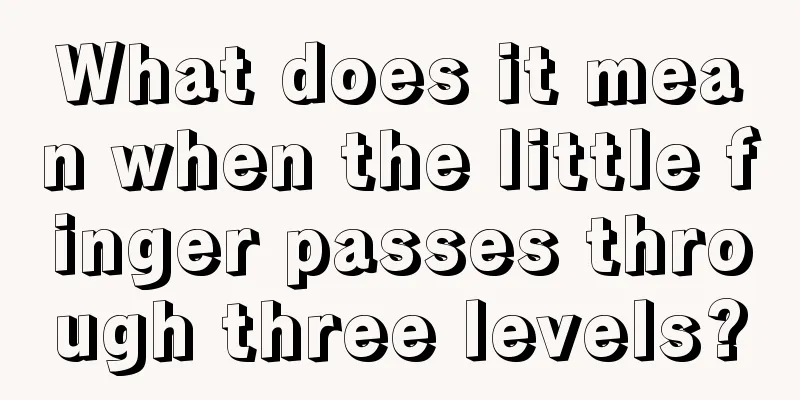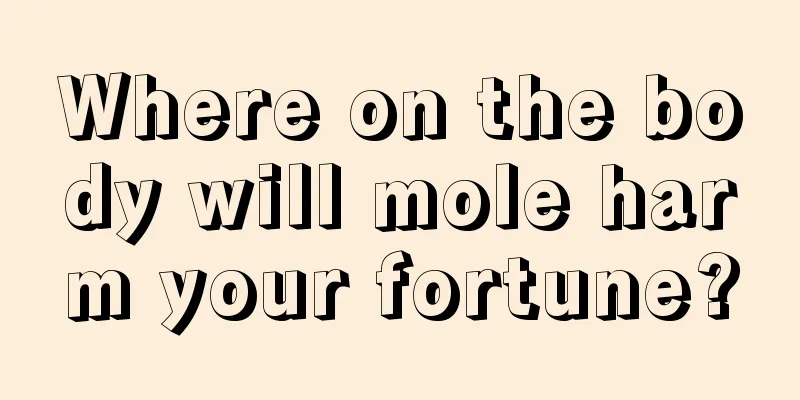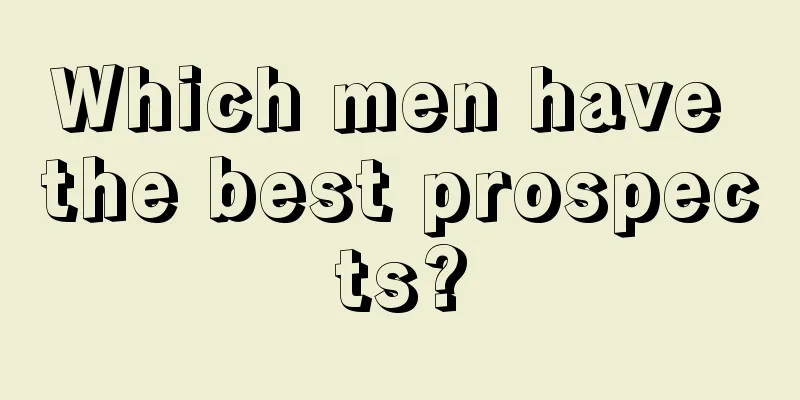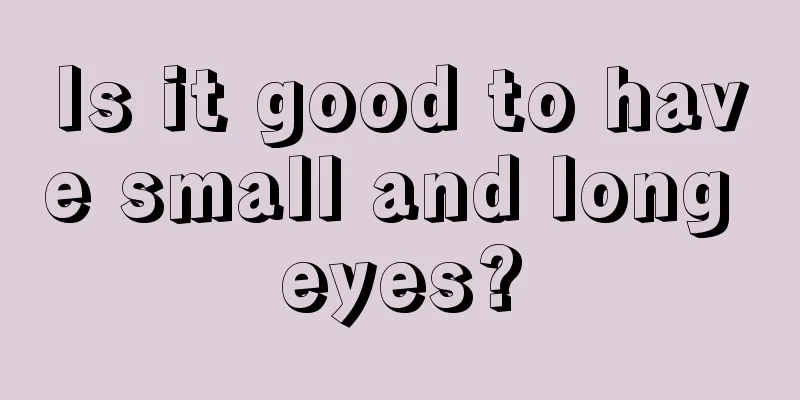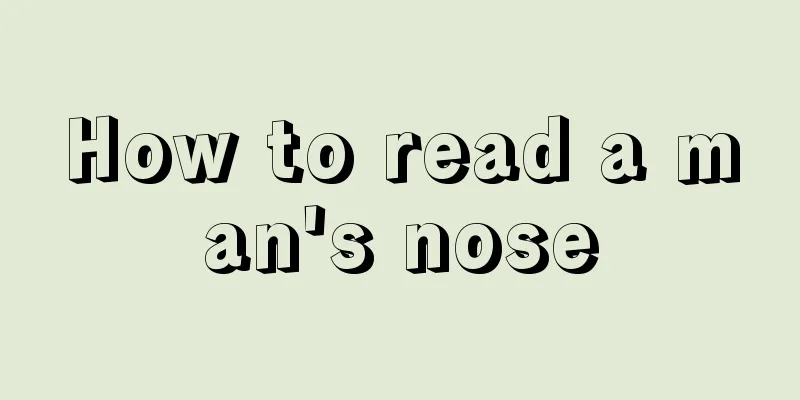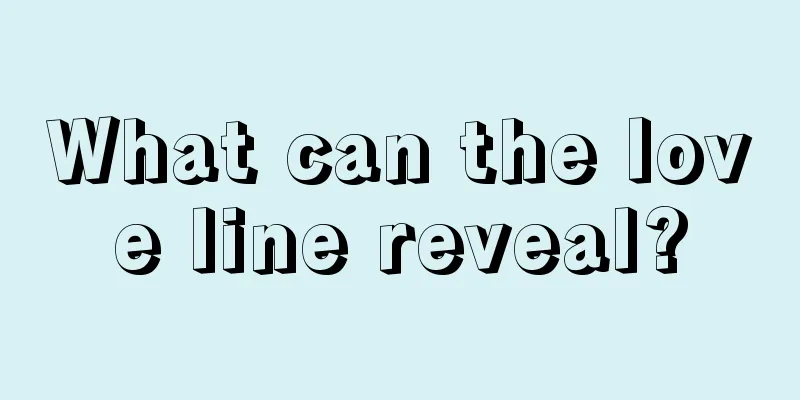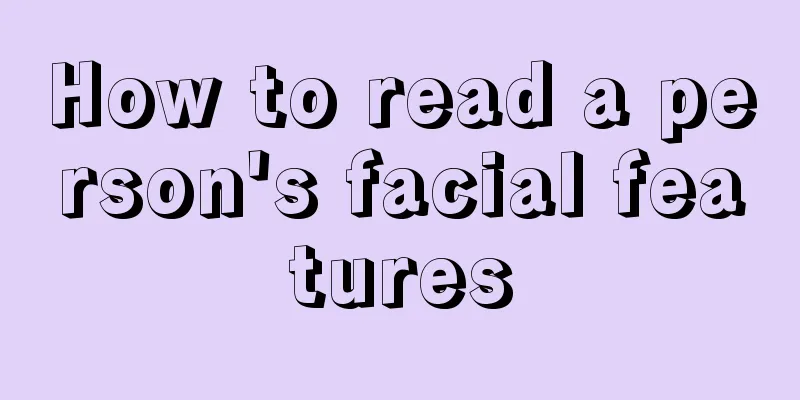Bitcoin and the Limits of Thought
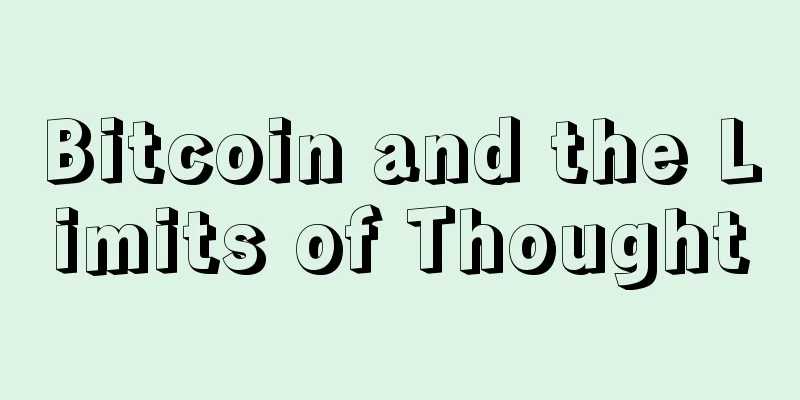
|
Editor's note: This article was originally published in Les Échos, one of the most authoritative economic daily newspapers in France. The author, Jacques Favier, is a Frenchman who was once a historian and later worked in the fields of banking and finance for many years. His blog "La voie du Bitcoin" (The Way of Bitcoin) has attracted widespread attention in the French cryptocurrency circle. Different from the perspective of people in the general information technology field, he thinks about the long-term causal relationship between technology and society from a historical and philosophical perspective, analyzes Bitcoin, and explores the impact of new technologies on future social changes.
We cannot talk about Bitcoin without considering the space in which it operates. Dogs and emperors have one thing in common: they both mark their territory. Civil laws and tax rates rely on the work of surveyors. Customs rely on borders drawn on the ground by surveyors to prevent smugglers of salt or gold and to collect taxes. France's "Sky and Border Police" constantly checks people's ID cards on the ground and in the country. People pay taxes to whoever they live in. In this respect, people have a strong relationship with land. Even though customs can control and inspect banknotes, checks, and all kinds of property, they don’t seem to know how to deal with Bitcoin because Bitcoin is not controlled by human borders. So what space does Bitcoin belong to? From a customs perspective, Bitcoin is nothing like other securities and payment methods because Bitcoin does not actually move. Whether you are paying or receiving money, Bitcoin itself does not migrate or cross any borders and remains on the blockchain. It is precisely because the space in which Bitcoin moves is different from the space of people that it can flow so quickly. So, what exactly is virtual currency? Although we would naturally want to answer that virtual currency is non-material currency, I think that just saying this is not enough. In fact, we should emphasize that virtual currency is a currency that is universal in artificial, virtual space, and does not belong to the space marked by dogs and emperors. In other words, virtual currency can only exist if there is a virtual space. Let me explain this with a joke: A philosophy student wanted to tease his teacher, so he put a banknote between the first two pages of his paper and wrote a sentence imitating a gangster movie on the first page: "You know and I know." The teacher opened his eyes and found a "Monopoly" banknote when he opened the paper. What does this story illustrate? The student created a virtual space, which is a "game space." The famous American intellectual Jeremy Rifkin has discussed "game space" and said that game space is "a safe shelter, separated from the real space. No one can own the playground, there is no ownership, and it is a space within a fictional framework shared by several people for a period of time." Games are an experience that transcends the limitations of the world, giving people the feeling of "being in this world and standing outside the world at the same time." Last week I met an entrepreneur of an online game company in Geneva. The game he introduced to the participants reflected several interesting uses of blockchain, which can build a contact point between the game world and the real world. In terms of the concept of Bitcoin, we only see its monetary significance and regard it as a more advanced currency similar to the existing currency. However, if we pay attention to the connection between Bitcoin and games, we can easily find that it is more suitable for application in virtual reality and video games. Therefore, the virtual space where Bitcoin is located is actually a space very similar to a playground, where the "game" is played under a consensus-based virtual game rule. The reaction of politicians and lawmakers to Bitcoin is much like an elementary school teacher discovering that children are trading "Pokemon" playing cards, and helplessly realizing that it is useless to blame them because the teacher has no idea what the children are playing. In French, the word for "limited" is limité, which is derived from the Latin word limes, meaning "border". What exactly is Bitcoin? Isn't it so difficult to explain because we rely too much on our perception (traditional human perception of territory) to imagine Bitcoin? But how can we understand pure mathematics by relying solely on the real material world? Does Bitcoin belong to the superphysical world? Just like heaven is absolutely separated from our world. What does this have to do with Bitcoin itself? As I was thinking about this, it occurred to me that Bitcoin is information, and that the French word for “angel” is ange, which has its roots in ancient Greek for “messenger.” No wonder all this discussion about the inessentiality of Bitcoin is so similar to the legendary Byzantine discussion about the gender of angels! For those who want to understand Bitcoin, it is very interesting to study the theological concept of angels. The medieval philosopher Thomas Aquinas discussed the nature of angels: According to his theory, angels absolutely belong to the divine world and are completely separated from living beings. He explained angels in this way: "When we say that angels are in a certain place, it is different from when we say that living beings are in a certain place. When angels are in a certain place, it is actually the power of angels that is in this place." He also debated and thought about whether an angel can be in different places at the same time, and whether two angels can be in the same place at the same time. Doesn't this look very similar to the current discussion on the "double-spending" problem of Bitcoin? What is the relationship between angels and Bitcoin? Angels and Bitcoin do not belong to the human world, that is, the real space, but to heaven or virtual space. The dream of liberalism can be said to be the nightmare of the government, because the current legal regulations are helpless against Bitcoin. What we need is to create new concepts, vocabulary and rules to treat Bitcoin as soon as possible. It is definitely not feasible to rely on past thinking to understand these issues. Although Bitcoin is in circulation, it is essentially immobile and has no borders. Bitcoin moves in the encrypted universe. It is not a new continent where Columbus could plant a flag, but a virtual space that cannot be occupied. I hope that the Bitcoin universe and our physical world can coexist peacefully. To achieve this goal, new rights and obligations need to be established to adapt to this technology that we cannot stop from developing. The Bitcoin universe relies on mathematics to allow participants to trade. Only by relying on researchers and entrepreneurs to cooperate in exploring this new universe can we regulate and regulate this space. The problem is that traditional managers do not yet understand the uniqueness of Bitcoin. Only by understanding more about why the regulation of Bitcoin is different from other currencies can they create a harmonious situation between reality and virtuality. Original link: http://www.lesechos.fr/idees-debats/cercle/cercle-134553-le-bitcoin-et-les-limites-de-la-pensee-1134863.php# |
<<: Chinese miners engage in heated discussion at Hong Kong Bitcoin scalability workshop
>>: SEC approves Overstock's S-3 filing to issue new shares on Bitcoin blockchain
Recommend
What are the effects of a mole on the thumb?
If you have a mole on your hand, the impact cause...
BTC Fear and Greed Index shows great anxiety. Can it create a new trend in July?
From the surge to $60,000 at the beginning of the...
What is the fortune of a woman with broken palms?
In physiognomy, if a woman has broken palms on bo...
U.S. Treasury officials discuss stablecoin regulation with financial industry executives
U.S. Treasury officials met with financial indust...
Bitcoin is growing slowly, as the number of users of China's largest Bitcoin wallet triples
The past two weeks have been a celebration for Bi...
What is a deer nose in facial analysis?
The nose is composed of the root of the nose, the...
How to tell marriage fortune from women's palms
Palmistry is related to our fortune and of course...
IPFS Official @ You | Weekly Report No. 113
IPFS Weekly 113 113th Statement: The article cont...
Teach you how to read palmistry and predict marriage
Palmistry contains all kinds of information and f...
Factom Receives $199,000 Grant from the U.S. Department of Homeland Security to Improve IoT Security Using Blockchain
When a technology grows, those who fail to adopt ...
Barcelona may consider crypto industry sponsors
On September 9, it was reported that after Messi ...
Women with straight noses not only have good fortune but also bring luck to their husbands, right?
For some people, they do consider how their facia...
How many marriages will you have according to palmistry? What are the palm lines for multiple marriages?
Who doesn’t want to grow old with their lover or ...
What does the hand lines look like when someone is loved by someone all their life?
As a woman, family happiness is very important. T...
What kind of woman is suitable for marrying an older man?
Many women like older and more mature men, and no...
